The onset of Ramadan is marked by the sighting of the crescent moon, or Hilal. Traditionally, this involved manual observation. Today, Saudi Arabia employs both visual sightings and astronomical observatories to ensure precision. The Supreme Court oversees this process, delegating judges to observatories across the Kingdom, such as the Tamir Observatory, which has been operational since the 1920s. “Technology has enhanced accuracy without diminishing the cultural excitement of moon-sighting,” says Ahmed Al-Juhani, a Riyadh-based astronomer.
Fasting during Ramadan—a central pillar of Islam—requires significant physical and mental adjustment. From dawn to sunset, Saudis abstain from food and drink. In response, public life adapts: school hours are shortened, office work begins later, and shops extend evening hours to accommodate post-Iftar activities. “Ramadan redefines the rhythm of life; it’s about embracing a slower, more reflective pace,” observes Fatimah Al-Ghamdi, a teacher in Jeddah.
The Iftar meal, breaking the fast, is a moment of collective relief. Traditional staples like sambousas, dates, and Qamar al-Din juice dominate tables, reflecting a culinary heritage that transcends generations. Beyond nourishment, Iftar fosters connection and community. Evenings are devoted to worship, particularly the Taraweeh prayers held after Iftar. These prayers, unique to the holy month, aim to complete the Quran. Mosques fill with worshippers, although recent years have seen restrictions on children attending for safety reasons.
Economically, Ramadan’s impact is significant. Retail activity surges, driven by Iftar and Suhur preparations, as well as Eid al-Fitr shopping. Saudi Arabia’s tourism sector also benefits, with pilgrims flocking to perform Umrah in Mecca. “Ramadan drives a seasonal economy; it’s a period of both spiritual and commercial significance,” notes economist Sami Al-Harbi.
The month is traditionally divided into three phases: the first 10 days dedicated to forgiveness, the second to mercy, and the final to salvation. During these days, Saudis focus on acts of devotion, charity, and community service. Media outlets adjust their programming toward religious themes, reinforcing the month’s spiritual core. The culmination of Ramadan is Eid al-Fitr, a celebration that contrasts the month’s discipline with joy and abundance. Families gather, gifts are exchanged, and special meals are shared, marking the end of fasting and the beginning of a new chapter.
Ramadan in Saudi Arabia exemplifies the country’s broader balancing act—holding onto traditions while embracing change. From the incorporation of technology in moon-sighting to the rise of female entrepreneurs in Ramadan bazaars, the holy month is a microcosm of a society in transformation. For Saudis, Ramadan is not just a time of fasting and prayer but an opportunity to renew faith, strengthen relationships, and reflect on values. In a rapidly modernizing world, it remains a cornerstone of national identity, uniting past and present in a shared spiritual journey.
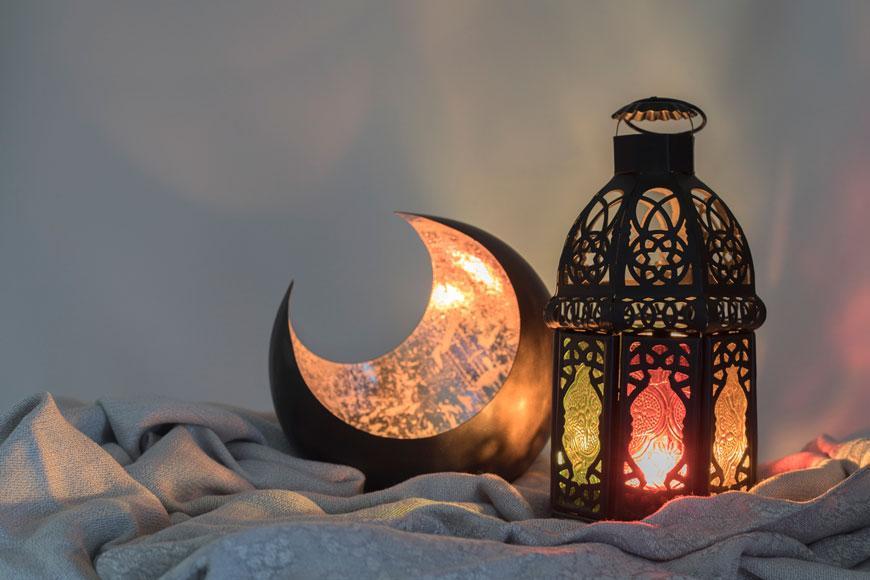
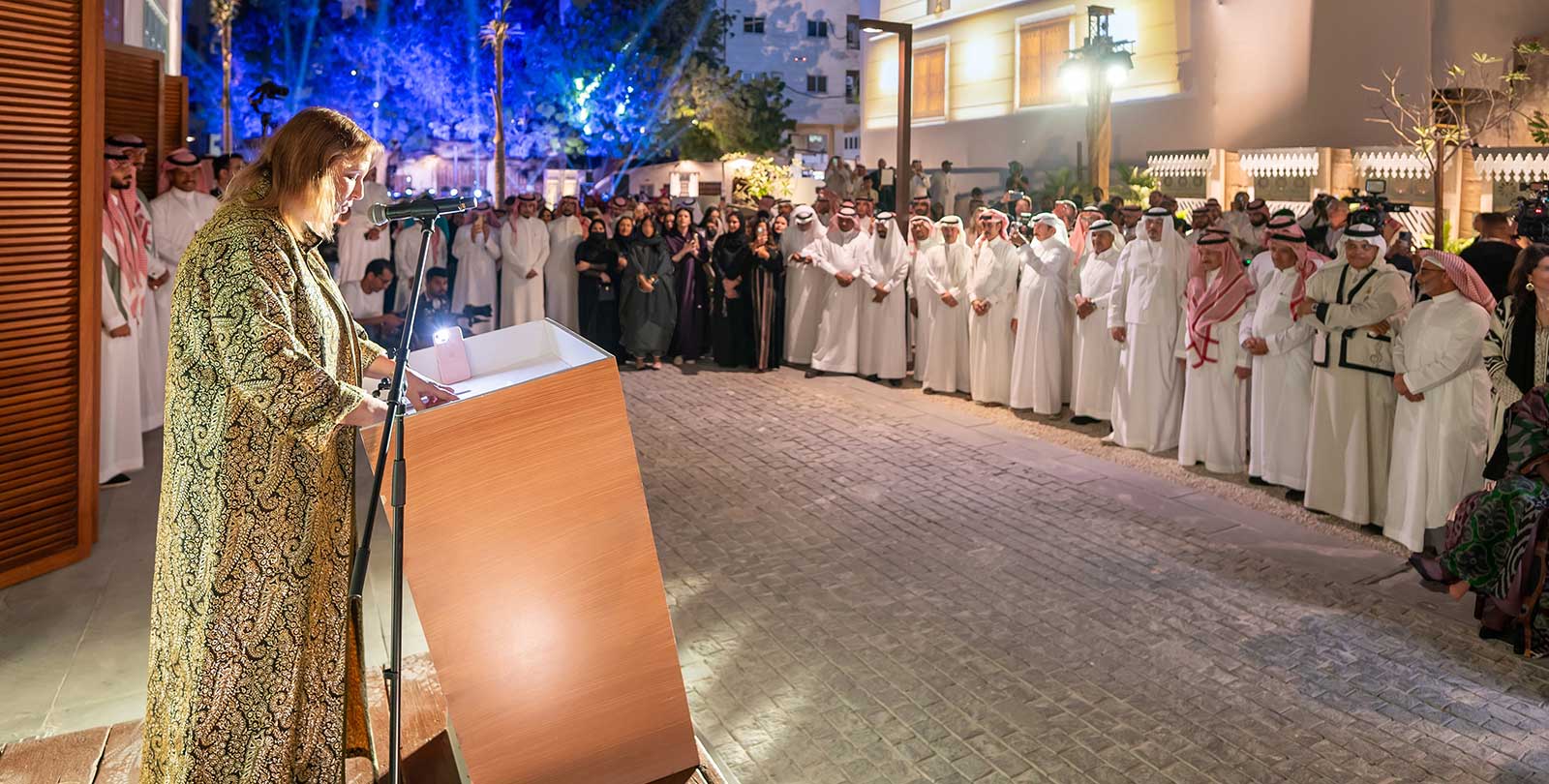



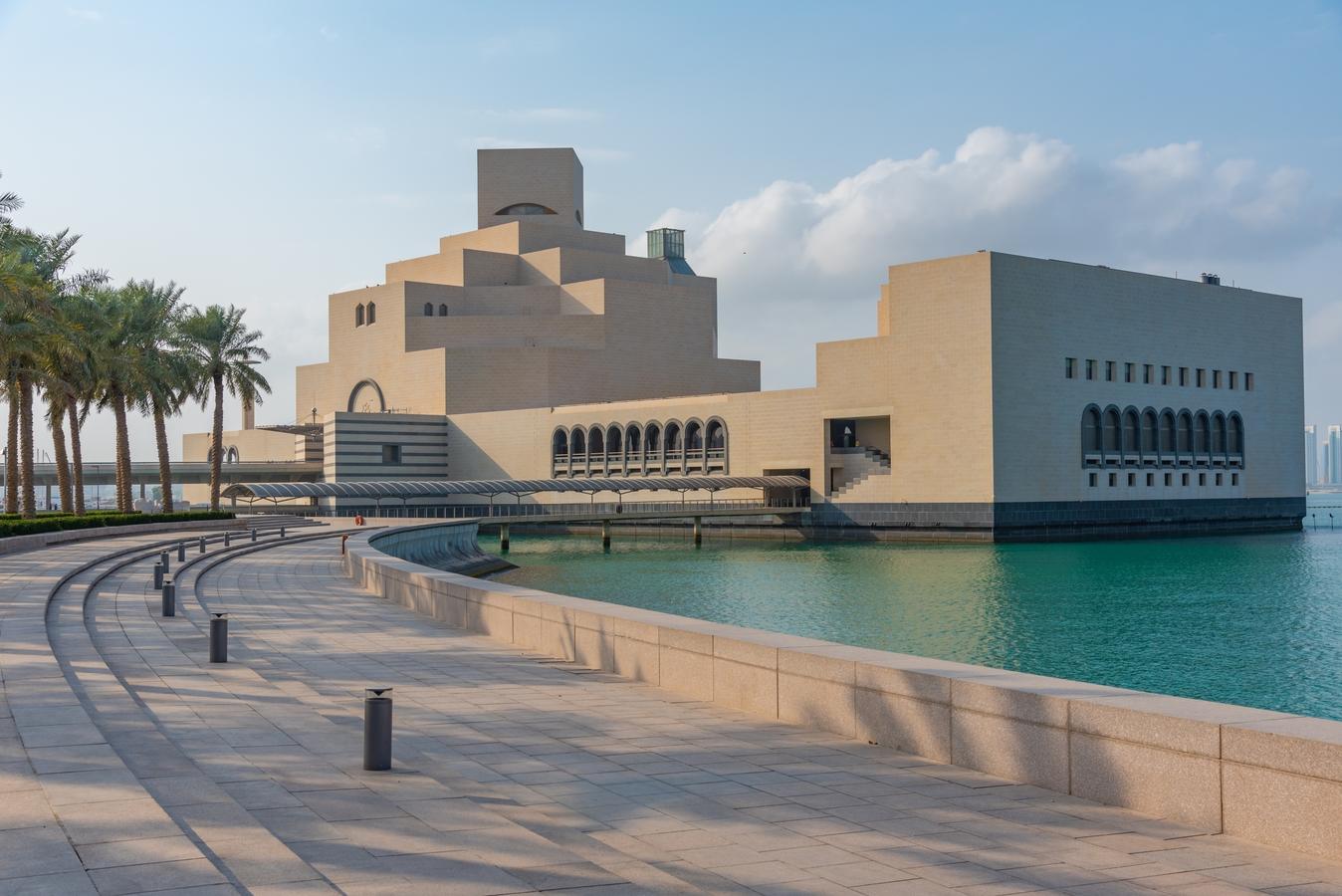
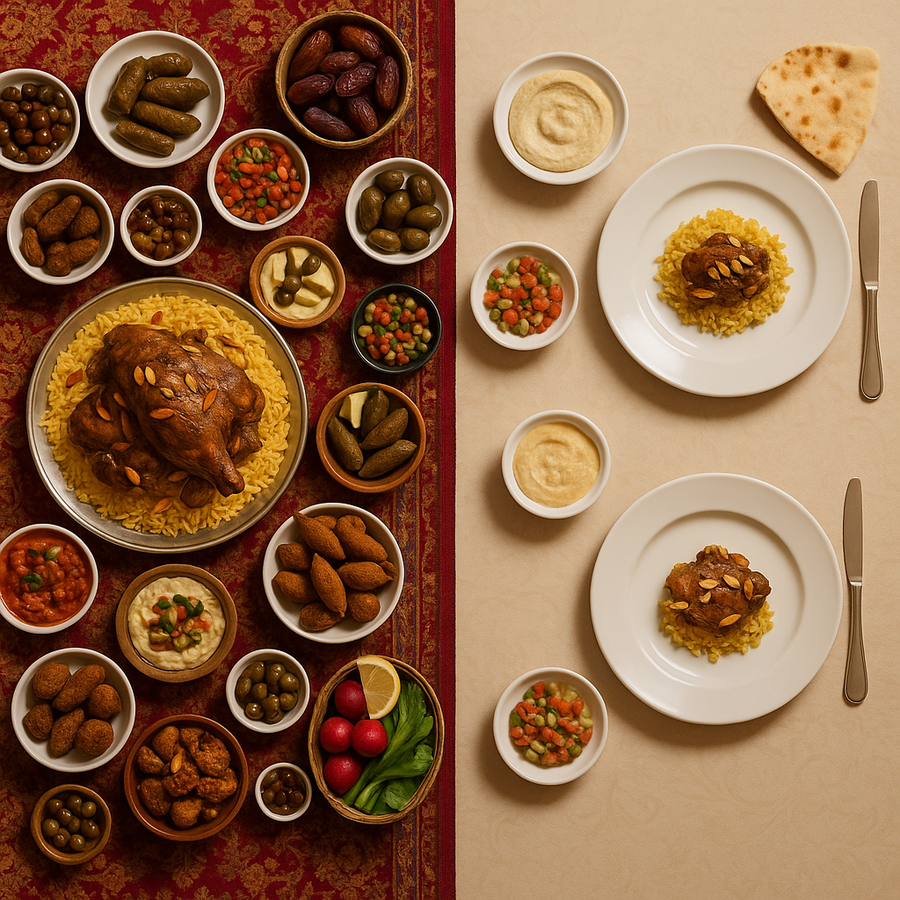

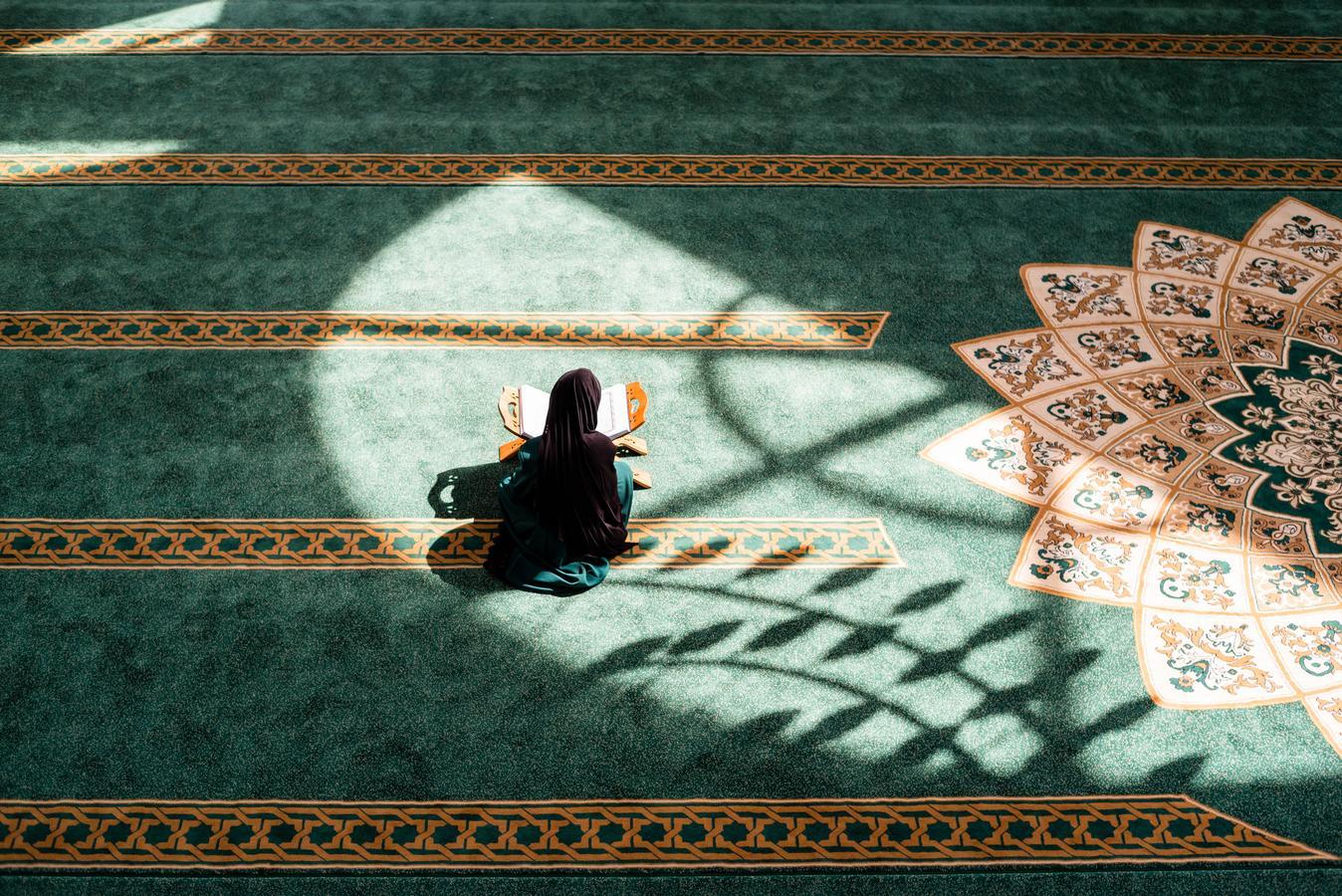
0 Comments
No comments yet. Be the first to comment!